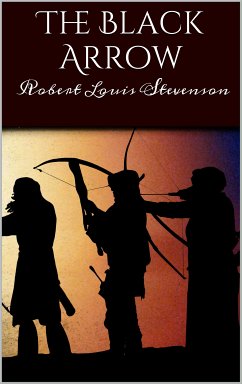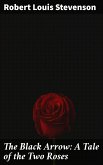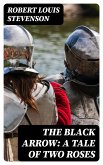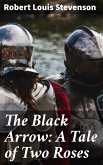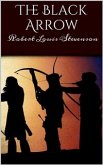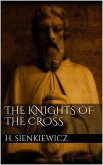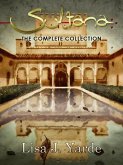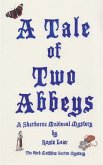On a certain afternoon, in the late springtime, the bell upon Tunstall Moat House was heard ringing at an unaccustomed hour. Far and near, in the forest and in the fields along the river, people began to desert their labours and hurry towards the sound; and in Tunstall hamlet a group of poor country-folk stood wondering at the summons. Tunstall hamlet at that period, in the reign of old King Henry VI., wore much the same appearance as it wears today. A score or so of houses, heavily framed with oak, stood scattered in a long green valley ascending from the river. At the foot, the road crossed a bridge, and mounting on the other side, disappeared into the fringes of the forest on its way to the Moat House, and further forth to Holywood Abbey. Half-way up the village, the church stood among yews. On every side the slopes were crowned and the view bounded by the green elms and greening oak-trees of the forest. Hard by the bridge, there was a stone cross upon a knoll, and here the group had collected-half a dozen women and one tall fellow in a russet smock-discussing what the bell betided. An express had gone through the hamlet half an hour before, and drunk a pot of ale in the saddle, not daring to dismount for the hurry of his errand; but he had been ignorant himself of what was forward, and only bore sealed letters from Sir Daniel Brackley to Sir Oliver Oates, the parson, who kept the Moat House in the master's absence.
Dieser Download kann aus rechtlichen Gründen nur mit Rechnungsadresse in A, B, BG, CY, CZ, D, DK, EW, E, FIN, F, GR, H, IRL, I, LT, L, LR, M, NL, PL, P, R, S, SLO, SK ausgeliefert werden.

